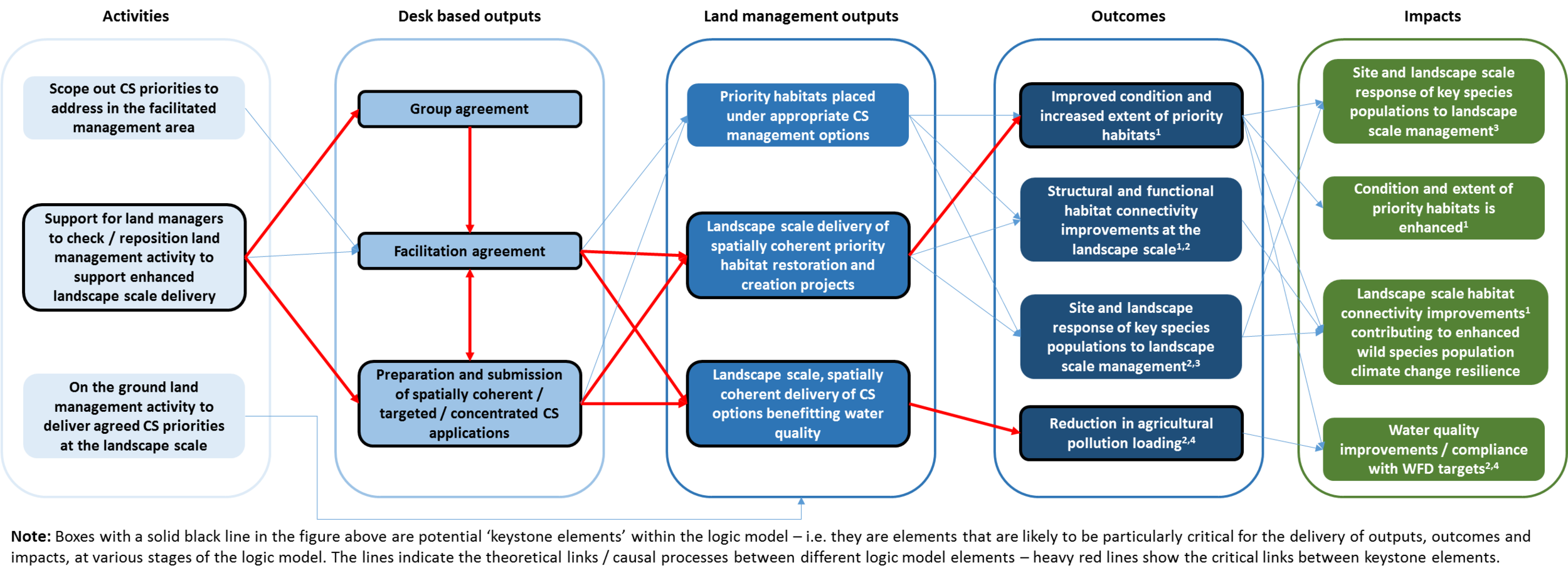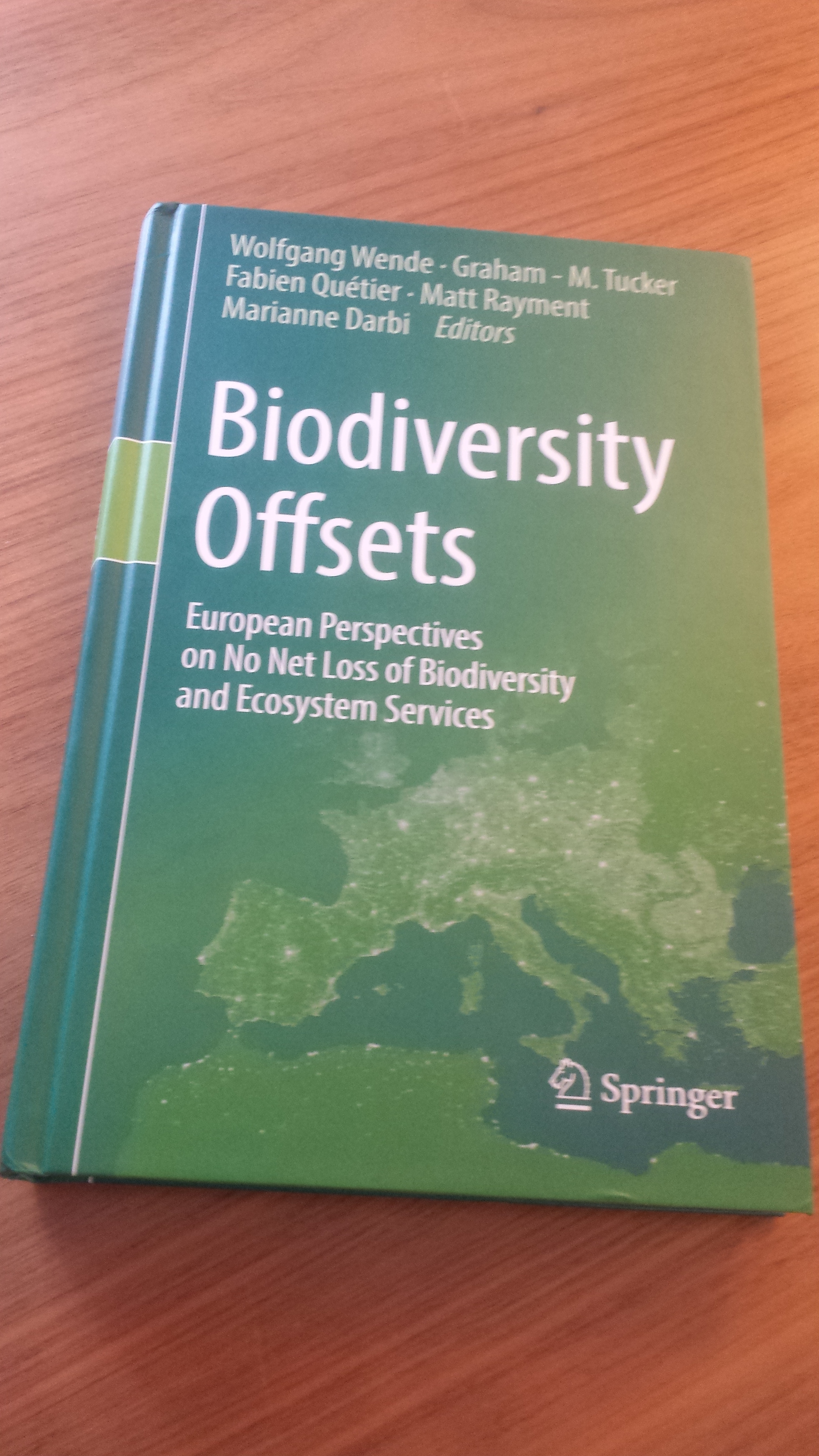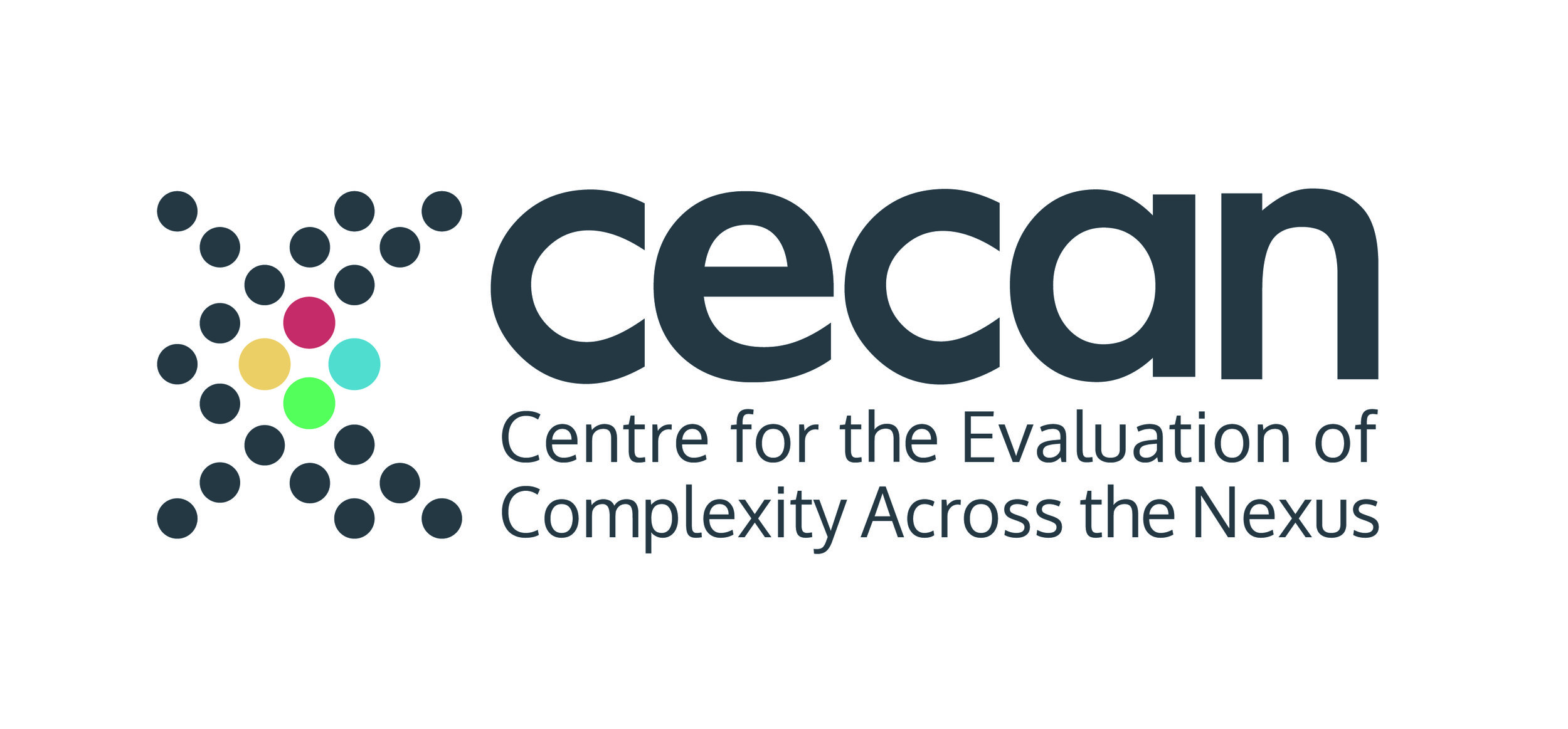CEP has been awarded a project by the Environment Agency to undertake a review of the evidence on how people use the water environment for recreational activities.
CEP has been commissioned by the Environment Agency to undertake a review of the evidence on how people use the water environment for recreational activities involving being in the water (and potentially full immersion). In addition to desk-based research individual online interviews were conducted with people from key organisations supporting recreational water use
The way people use water environments is changing. Not only is a broader range of activities (e.g. wild swimming, triathlon, surfing, paddle boarding, canoeing or kayaking) taking place but reasons for visiting water environments is changing. Recreational activities are more frequently taking place outside designated bathing waters as well as outside the traditional bathing season (May - September). This project is investigating these trends with a view to informing future policy decisions on bathing waters. The research is looking at trends in recreational water use in England including:
how members of the public use the water environment,
how has that changed over the last two decades,
what data sources are available that could help the EA to track these trends in numbers and patterns, and
what types of organisations support recreational water use.
The project started in December 2020 and will run until March 2021.
For more information, please contact Clare Twigger- Ross (Technical Director, CEP) or Spela Kolaric (Senior Consultant, CEP).
Header image for this news article is from this source : https://www.whitewatermag.com/








